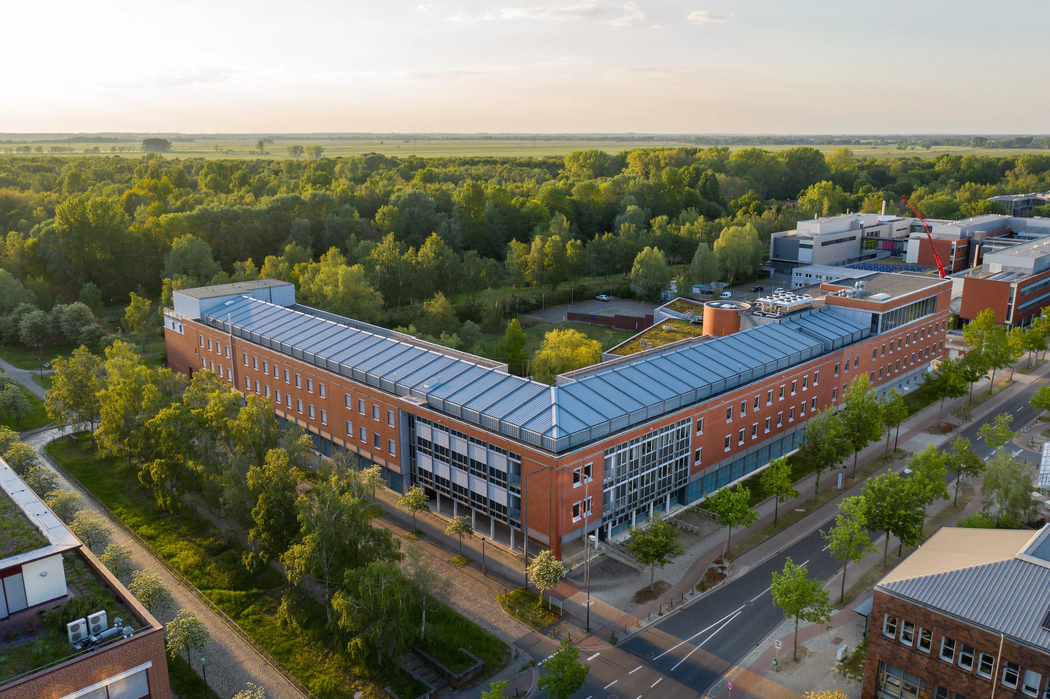How Does Degradation Occur in Spring Algae Blooms?
DOI:
https://doi.org/10.21036/LTPUB10828Researcher
Bernhard M. Fuchs is head of the research group Flow Cytometry in the Department of Molecular Ecology at the Max Planck Institute for Marine Microbiology. His research interests include the autecology of marine picoplankton populations as well as methodological innovation in the fields of flow cytometry and fluorescence in situ hybridization. Fuchs has completed contract work for AstraZeneca, BASF and Vermicon GmbH and he acts as a reviewer for the UK’s National Environmental Research Council (NERC), the French National Research Agency (ANR) and the German Science Foundation (DFG).

Original Publication
Recurring Patterns in Bacterioplankton Dynamics during Coastal Spring Algae Blooms
Hanno Teeling,
Bernhard M. Fuchs,
Christin Bennke,
Karen Krüger,
Meghan Chafee,
Published in
Citation
Bernhard Fuchs,
Latest Thinking,
How Does Degradation Occur in Spring Algae Blooms?,
https://doi.org/10.21036/LTPUB10828,
Credits:
© Bernhard Fuchs
and Latest Thinking
This work is licensed under CC-BY 4.0
